An atom is the smallest part of a substance, and understanding its structure is very important while studying the behaviour of various elements and compounds. Atomic Structure is also a very important topic for the various competitive exams, such as JEE and NEET.
A lot of Science MCQs on Structure of Atom can be solved if you follow the tips mentioned below.
Study Of Atom
The study of atoms was first carried out by the Greek philosopher Democritus. In his study, he mentioned that any matter can be broken down into an elementary particle that cannot be divided further, and that particle is known as an atom.
Later, Plato and Aristotle rejected his theory, and they said that matter was composed of four fundamental elements, such as water, earth, air and fire. But later, in 1803, John Dalton supported Democritus theory and proposed his theory known as Dalton’s atomic theory, which is accepted by everyone.
Dalton’s Atomic Theory
The major postulates of Dalton’s theory are as follows:
- A matter is composed of different small particles known as atoms, which cannot be broken any further. That is why an atom is often called the smallest particle of an element.
- “Atoms can neither be created nor destroyed”. This means that an atom of any element can never be changed or rearranged into atoms of another element by any chemical reaction. Even if an atom underwent a chemical reaction, the number of atoms present before and after the chemical reaction remains unchanged.
- Every element has its atomic mass and number. Atoms of every element differ in shape and size.
- Atoms in other elements combine together in a specific ratio of whole numbers and form a compound atom, which is known as molecules.
Composition Of Atom
Atoms consist of mainly three particles, namely electron, proton and neutron. In the centre of the atom, the nucleus is located, which contains protons and neutrons. And the outside region of an atom has an electron shell that consists of electrons.
Let’s discuss these particles briefly.
- Electron – J.J. Thompson discovered it in the cathode ray experiment. Electrons have negative charges, and their weight is 9.1094 x 10-31kg. It is the main component of cathode rays.
Cathode rays are negatively charged, and they travel in a straight line towards the anode. Cathode rays are invisible, but if a fluorescent bulb is placed in their path, it will glow, and thus, the presence of negative charges is detected.
- Proton – Discovered by Goldstein, Protons have a positive charge on them. Its weight is 1.676 x 10-27 kg. It is the component of anode rays. Anode rays are also known as canal rays and travel in a straight line. These rays get deflected by any external magnetic field.
- Neutron – Neutrons were discovered by Chadwick and had no charge on them. They are neutral particles that weigh 1.675 x 10-27kg. They are unstable and have high penetrating power in them.
Different Models Of Atom
The structure of an atom can be understood by various models proposed by scientists over a period of time.
Thomson’s Model Of Atom
J.J.Thomson visualised the structure of atoms as spherical pudding, and thus, this model is known as the plum pudding model of atoms. The drawback of this structure was that Thomson failed to explain the stability of the atom and the position of the nucleus inside an atom.
Rutherford’s Nuclear Model
According to this model, the particles with positive charges called nucleus are a very compact space inside an atom.
The main drawback of this model was that it failed to explain the stability of atoms, and it also did not mention anything about the energies of electrons surrounding the nucleus.
Bohr Model Of Atom
Bohr explained the stability of atoms in his experiment and explained the idea of the absorption and emission of energies of electrons surrounding the nucleus.
But he failed to explain the idea of two or more electrons in an atom and the magnetic and electric effect on spectra of atoms.
NEET Chemistry Paper
In NEET, chemistry is divided into three portions, i.e., Organic, Physical and Inorganic chemistry. Chemistry is one of the scoring subjects in the NEET exams. If you prepare the chemistry chapters like atomic structure in the best way, you are more likely to score better.
Moreover, there are a total of 29 chapters of chemistry that are asked in the NEET. Here is a list of all the chapters and the weightage that will help you prepare well for MCQs in the NEET.
Chapter-wise Marks Weightage
| Important Chapters | Weightage |
| The basic concept of chemistry | 2% |
| Structure of atom | 3% |
| Classification of elements and the periodic table | 3% |
| Chemical bonding and molecular structure of the atom | 5% |
| Concept of thermodynamics | 9% |
| Equilibrium | 6% |
| Solutions and their component | 5% |
| Electrochemistry | 4% |
| Kinetic Theory | 3% |
| Alcohols, phenols and carboxylic acid | 8% |
Preparation Tips For Atomic Structure
Every NEET aspirant should prepare all the important topics in the NEET syllabus. The structure of atoms is one of the important chapters in chemistry for NEET. To have a better understanding of this chapter, you must follow the below-listed preparation tips.
- You must study the atomic structure chapter thoroughly from your NCERT book.
- You can watch the videos online about the atomic structure and its different theories.
- Solve all the numerical and questions related to this chapter. Revise all the solved examples.
- Practise sample papers and do at least 10 mock tests to ensure that you have understood the chapter well.
- You should also practice the previous year question papers to understand the paper’s pattern and manage your time accordingly.
Final Remarks
Atoms are indeed an important constituent of an element. An atom consists of an electron, proton and neutron. Soon after its discovery, many scientists started experimenting to know the actual structure of the atom. J.J. Thomson, Ernest Rutherford and Niels Bohr are credited with studying atomic structure in the early days.
Atomic structure is a very important chapter, which you should study for your NEET preparation to score good marks in chemistry.


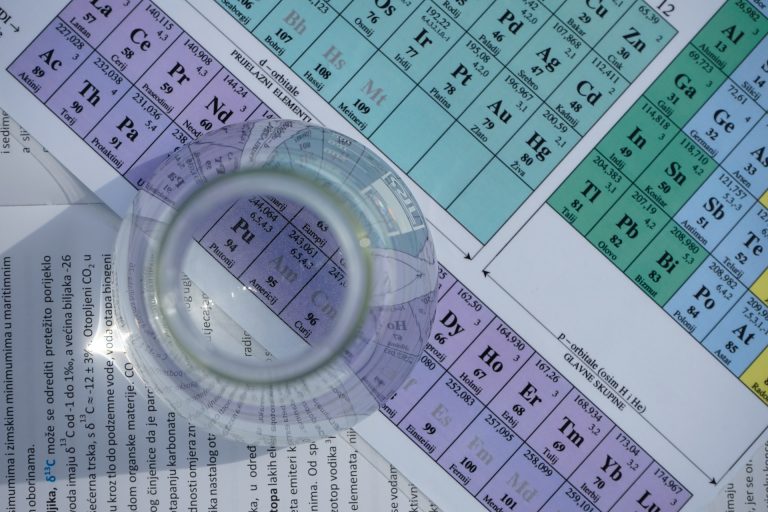
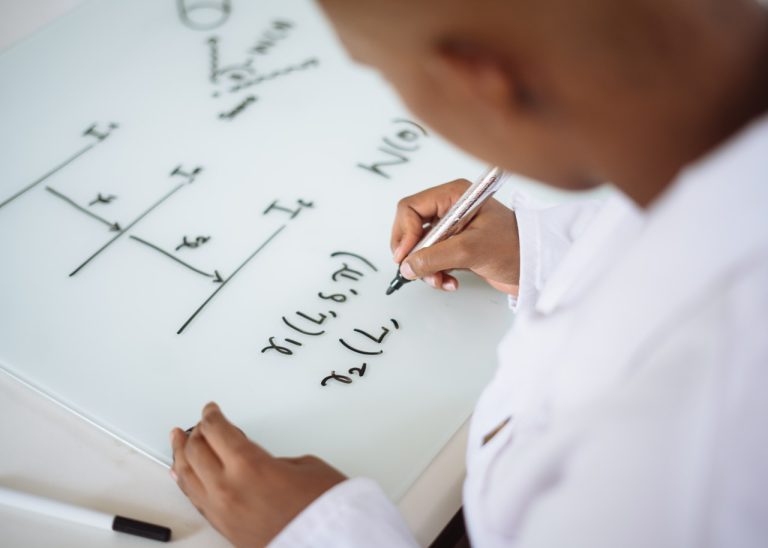
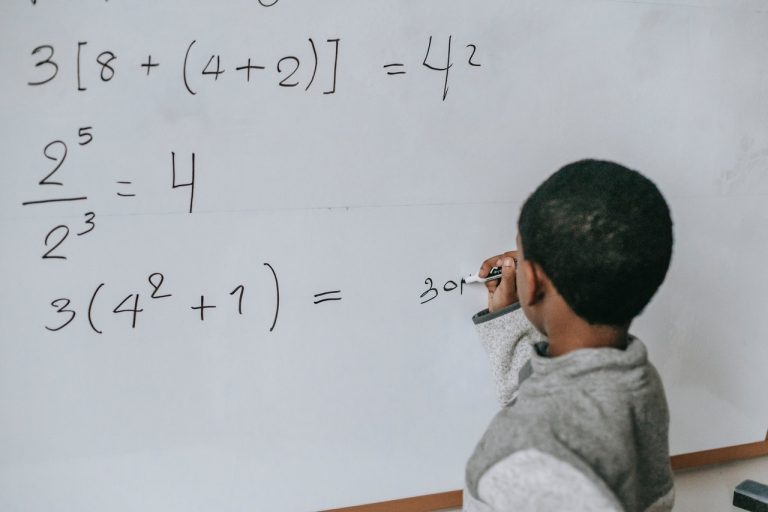

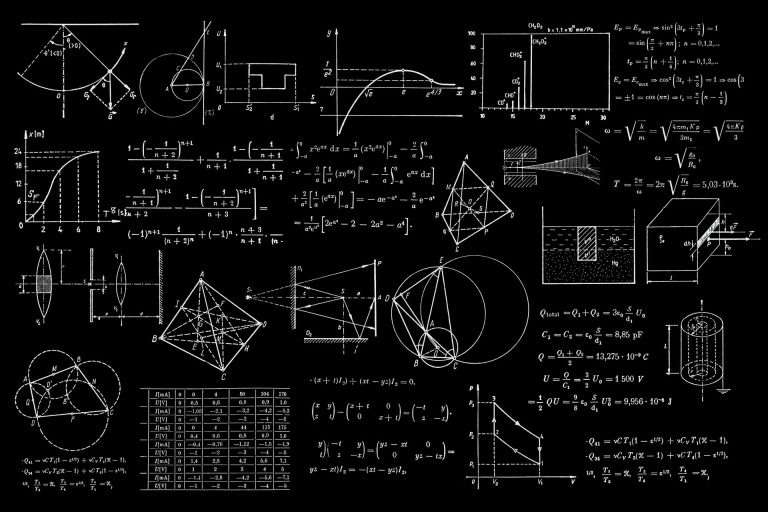
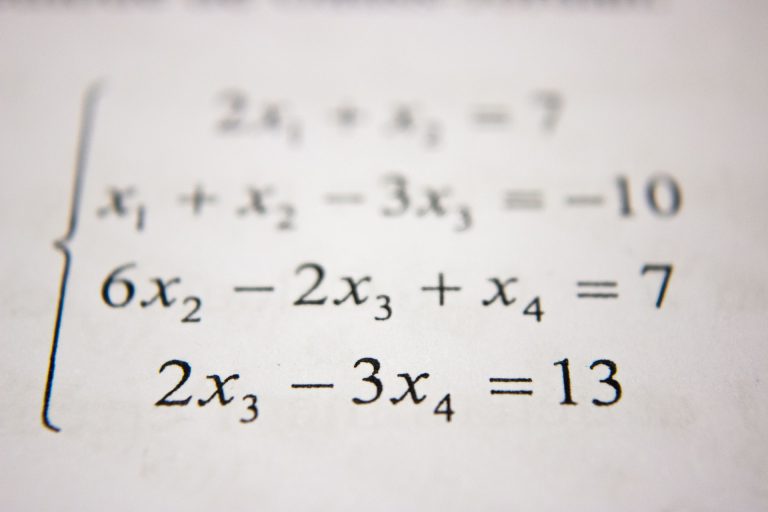

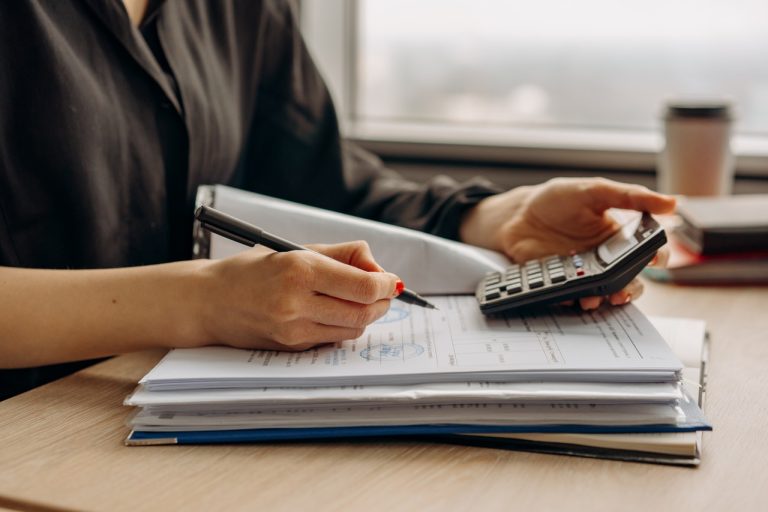


 Bitcoin
Bitcoin  Ethereum
Ethereum  Tether
Tether  XRP
XRP  Solana
Solana  USDC
USDC  TRON
TRON  Cardano
Cardano  Lido Staked Ether
Lido Staked Ether  Avalanche
Avalanche  Toncoin
Toncoin